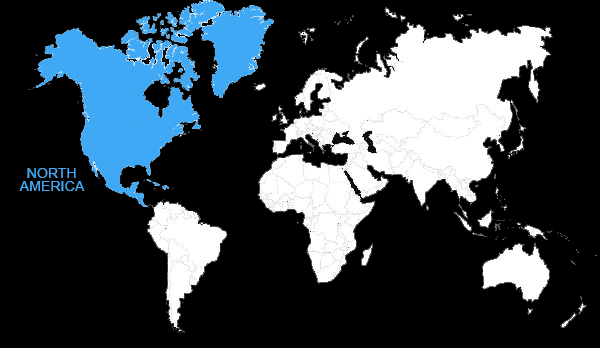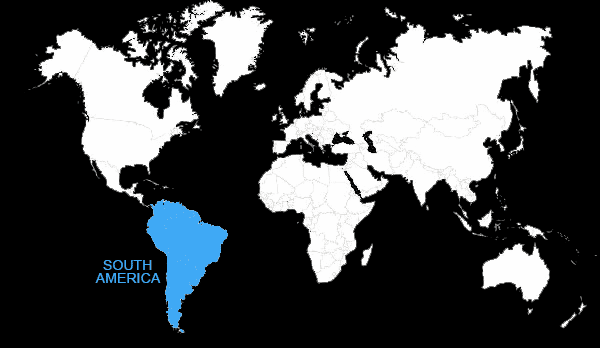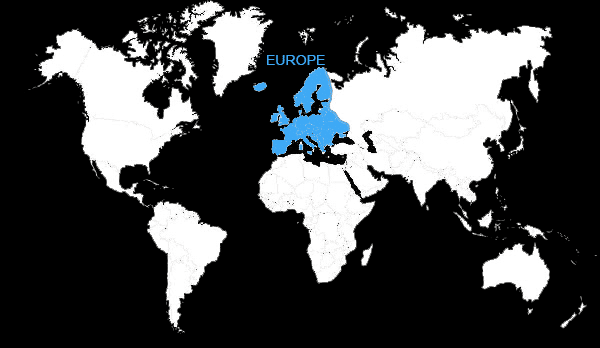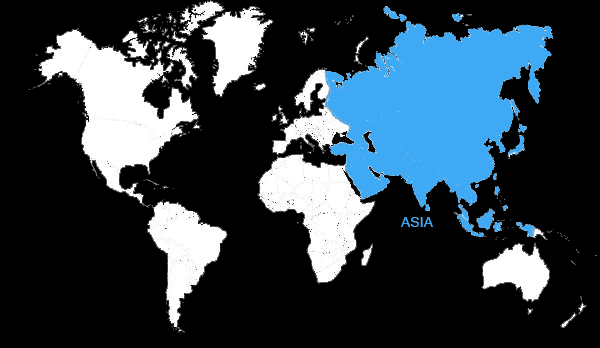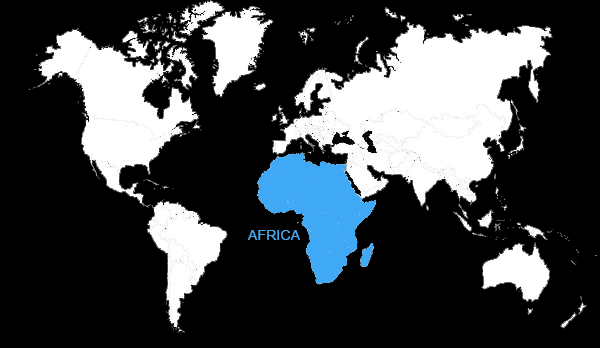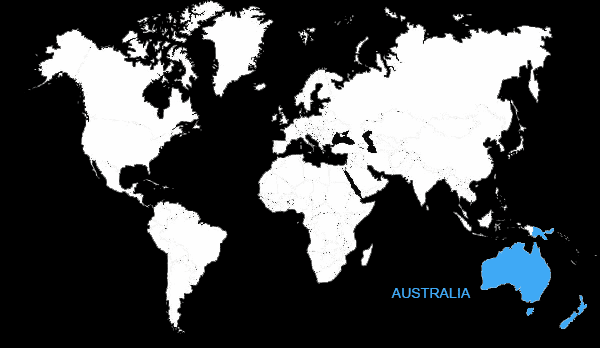CD Cobresal Tryouts
Club de Deportes Cobresal is a Chilean fútbol club based in El Salvador, Atacama, Chile. The club currently plays in the Chilean Primera División, the country’s highest level of professional club fútbol.
CD Cobresal Youth Development System
CD Cobresal has a youth academy team that consists of U17, U18, U19, and U21. These teams play in the Complejo Deportivo Amador Donoso. The Amador Donoso Sports Complex is a municipal enclosure whose name is in honor of an important sports leader, located on public road 0113 in the commune of Puente Alto, Santiago.

The complex has facilities for our youth football and women’s football.
CD Cobresal Recruitment Trials
At the time of this writing, there are no official publishings on CD Cobresal trials. Please come back at a later date while we monitor this club or click here to visit their official youth news web page.

EXPLORE MORE CLUBS!
Explore more professional clubs by continent.
CD Cobresal History
Cobresal was formally established as an amateur club on May 5th, 1979, with Luis Sugarret serving as the organization’s first president. In order to get ready for the club’s inaugural game, which would be played against a professional squad, the club started competing in exhibition matches.
On June 14, the club played the first match in its history against Incabus of Diego de Almagro, and it debuted with a 3–2 win. In August of that year, the club played against the professional team of Coquimbo Unido, and they played to a draw with a score of 3–3, despite the fact that Cobresal was playing of very good form. Cobresal submitted their application to the National Association of Professional Football (NAPF) on the 14th of December, 1979, in order to compete in the Second Division.
In order to accomplish this goal, it was essential that the Club Deportivo Hospital, which is located in El Salvador, a mining community in the Atacama Region, lend its allegiance to the ANFA. Finally, on February 26, 1980, it was decided that Cobresal would be accepted into the Second division as a professional team. This occurred on February 26. Cobresal’s first season in the Second Division began in 1980 at the Luis Valenzuela Hermosilla Stadium with a 2–1 loss on the road to Regional Atacama on April 20.
Franklin Lobos and Rubén Gonzáles scored the goals for Cobresal in the match, which was coached by Juan Zárate, who was also the club’s first head coach. The club’s first victory at the professional level came in the sixth round of the tournament when they defeated ublense by a score of 2–1. With 39 points over the course of his rookie year, Cobresal finished the season in 14th place. Following a regular season in 1981 in which Cobresal finished in tenth place of the table, the club qualified for the Promotion play-offs the following season, finishing in fifth place, and was subsequently promoted to the Chilean Primera División under the direction of Manuel Rodrguez Araneda.
This promotion occurred while Araneda was in charge of the team. At Concepción, the club won their first game in the Primera División with a score of one goal to zero against Arturo Fernández Vial. Despite this, Cobresal enjoyed the most successful season in the club’s history, finishing in second place in Group A and earning a spot in the Championship play-offs.
Cobresal ended up coming in second place overall in the competition, falling short of Universidad Católica by only two points to take the runner-up spot in the playoffs. After having the most successful season in the club’s history in 1986, which was also the year that Cobresal won its first Copa Chile title with players like Iván Zamorano, Rubén Martnez, and Sergio Salgado, the team qualified for the 1986 Copa Libertadores liguilla during the 1985 season. This was the club’s first appearance in an international tournament. In spite of the success they had enjoyed in their final seasons with the team, Zamorano and Martnez were released in 1989.

Cobresal won his first match since his return to the first division, 2–1 to Santiago Morning as the visitor with goals from André Gómez and Jorge Baeza, receiving a goal from Carlos Cáceres from the other side. This victory occurred while Socas was serving as the bench coach for the 2002 Apertura Tournament.
The club’s first game in the tournament was a loss against Unión San Felipe by the score of 4–1, with a hat trick scored by Francis Ferrero, a goal scored by Cristian Leiva, and a goal scored by Jorge Baeza for Cobresal. This came after Rangers’ victory in the previous game. The team started to lose the games that were being contested, and they ended up having a terrible season, ending last in their group in fifth place with 12 points. After suffering through a disappointing campaign in the Apertura, Socas led Cobresal to the quarterfinals of the play-offs in the following tournament, the Clausura.
However, they were defeated by Colo-Colo, who went on to win the tournament and claim the title of champion. Gustavo Huerta, a former footballer for the club that played at Cobresal in the 1980s, joined as the new coach after the departure of Jorge Socas. This was due to the direction not renewing his contract, which was the reason for his resignation. In the 2003 Apertura Tournament, Unión Espaola finally won a game for the first time after suffering two losses early on in the competition.
At El Cobre Stadium, they prevailed with a score of 5–1 thanks to goals scored by Juan Silva, Pedro Rivera, Alejandro Acosta, Damián Araya, and Vctor González. They were playing in front of their home fans. The next week, Cobresal earned a significant away draw with Universidad Católica in San Carlos by playing to a scoreless tie. After their match against Católica in Santiago ended in a draw, the club went on to avoid defeat in their next few contests, the most notable of which were a 4–0 victory at home over Coquimbo Unido and a 3–3 draw in the same condition with Universidad de Chile, a team that featured talented players such as Mauricio Pinilla, Faustino Asprilla, Waldo Ponce, and Marcos González.
Both of these matches were On May 23, Cobresal won a very significant match against Colo-Colo by a score of 1-0. The opposing team featured Iván Zamorano, a former player for Cobresal who had reached the age of 35 at the time of the match and was regarded as a legendary footballer in the club’s brief existence up to this point. The club had a successful season in the Apertura, finishing in seventh place overall and advancing to the play-offs. They began the postseason with a victory over Colo-Colo, becoming one of the rare teams to do so, as their opponent, Cobresal, qualified as the best loser along with Huachipato.
However, in the following round, the team was eliminated from the competition after suffering a loss to Universidad de Concepción by a score of 7–1. After the Huerta’s departure from Cobresal, who accepted an offer from the Bolivian team Bolvar, the coach Julio Acua arrived to take over his responsibilities as his replacement. Acua advanced to the semifinals of the Clausura Tournament before being ousted by Colo-Colo at the Estadio Monumental.
The goals that eliminated Acua came from Silvio Fernández Dos Santos in the 81st and 83rd minutes, respectively. If Cobresal had prevailed in the important semi-final match, he would have had the opportunity to compete against his adversary Cobreloa in the Clausura’s competition. In the 2004 season, the club re-signed to Huerta as a result of the poor performance of Acua in the Clausura Tournament. As a result of this move, Cobresal achieved the position of fourth place overall in the aggregate table.
In the 2005 Apertura Tournament, Cobresal was able to qualify for the play-offs repechaje, but they were defeated by Deportes Concepción 4–3. In this game, Cristián Montecinos, Javier Cámpora, and Hugo Centurión each scored twice for the purple team, while Diego Ruz, Renzo Yáez, and César Carvajal scored for Cobresal. Yáez and César Dáz scored the goals that led Huerta to a 2–0 victory at home over Huachipato on the 31st of July, which marked the beginning of the year’s Clausura Tournament.
One week later, on August 7, the team lost its first game in the tournament against Deportes Puerto Montt in Chinquihue. They were defeated by that club 1–0 with a goal scored by Domingo Martinez in the 84th minute of the match. Following yet another loss to Santiago Wanderers and a 1–1 draw with Coquimbo Unido, the club returned to its winning ways against Unión San Felipe at El Cobre Stadium, prevailing with a goal from Yáez and two goals from Dáz to take the three points.
The following week, Cobresal achieved an important 3–2 away victory over Deportes La Serena at La Portada with goals from Diaz again, Patricio Lira, and Christian Mauvezin for Cobresal. The following match achieved another important result in the tournament, now in El Salvador, drawing 2–2 with Colo-Colo that is playing very well in this moment. César Dáz and Renzo Yáez scored the goals for Cobresal in the 32nd and 47th minutes, respectively. César Dáz scored in the 32nd minute.
The game was tied at two goals apiece after Gonzalo Fierro scored in the sixty-first minute and Héctor Tapia scored in the seventy-first minute for Colo-Colo, who now have a chance to win the match. The side that was including was leading the contest 2-0. After suffering a defeat at the hands of Everton, Cobresal went on to win the Copper derby thanks to a hat-trick scored by Luis Daz at El Cobre Stadium. They then went on to achieve an important 1–1 home draw against Universidad de Chile the following week.
Universidad de Chile was the team that had initially won the game thanks to a goal scored by Waldo Ponce; however, a goal scored by Luis Daz in the 92nd The next game that the team played in the Clausura was against Universidad Católica, and they ended up losing 1-0 thanks to a goal scored by Jorge Ormeo in the 29th minute. During this game, the goalkeeper for the opposing team, José Mara Buljubasich, went 1,323 minutes without allowing a goal to be scored against him. After a long and difficult road, Cobresal was ultimately able to earn a spot in the postseason by finishing first in his group with 27 points.
The club advanced to the semi-finals against Universidad de Chile despite suffering a loss to Huachipato in the aggregate result. In the first semi-final, the club won 2–1, with goals from Juan Quiroga and Patricio Lira, while Marcelo Salas scored for “La U.” However, in the second semi-final, Cobresal was defeated 4–2 at the Estadio Nacional.
CD Cobresal Stadium
Estadio El Cobre is a multi-use stadium in El Salvador, Chile. It is the primary venue for football matches at the moment and serves as the home turf for the Cobresal team.

The stadium holds 12,000 people, which is more than the population of the town it is in and was built in 1980.


